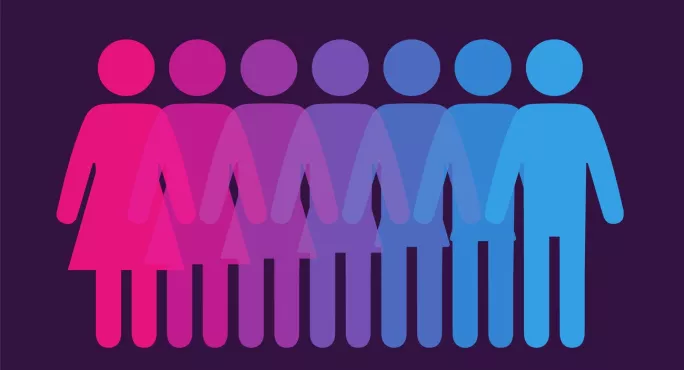Last year I went on holiday with my young daughter. Just as we were disembarking from the plane, she asked me: “Where is the pilot, Mum?”
“I guess he must be up in the cockpit,” I said without thinking, a bit stressed by the squash of humans around us.
“Are all pilots boys?”
I felt time stop for a moment. Despite constantly attempting to champion gender equality in my everyday life as a teacher and mum, I had used blatantly gender-biased language. And this was just one tiny exchange between a parent and child. If it was so easy for me to make a misstep, what effect might a teachers’ unconscious bias be having on the hundreds of children they encounter at school every day?
Apparently, I am not alone in these concerns. This same question has led my senior leadership team to create a new position in our school: gender champion.
The role has been supported by a grant from the Improving Gender Balance team at the Institute of Physics.
Challenging gender inequality
When I first heard about this, my curiosity was piqued. What would the role entail? And how would the person who stepped into it make the most of their new position? To find out, I spoke to our school’s very first gender champion, Lorien Joyce.
“The first step will be to provide whole-school CPD on promoting gender equality by helping staff to address unconscious bias and stereotyping in their own language,” says Joyce.
“The school currently has a thriving equality and diversity working party made up of interested volunteers, with representation from across the subject areas and senior leadership team. The aim will be to promote and support teachers to embed equality into their own teaching and learning, and the wider school community.”
Joyce hopes that the working party will be able to review any discrepancies in the balance of genders within subject option groups, and in instances where there is a significant imbalance, discuss actions to redress this.
There has already been a significant increase in the numbers of girls taking physics at A level and continuing on to study this at university as part of a “girls into physics” initiative. The initiative has included running a targeted lunch club to encourage more girls to engage with the subject, and improving how physics is being “sold” to primary pupils through the use of student ambassadors.
The working party is also looking at how gender is represented across the school in teaching resources, displays and the content of lessons.
This might mean encouraging staff to choose a picture of a female surgeon rather than a male one in a teaching resource on medicine through history; it might take the form of making a display that celebrates successful women in science; it might even mean starting to teach students directly about the gender gap via tutor times and PSHE sessions.
The overall aim is to support students in understanding, questioning and challenging gender inequality and bias by opening up discussions that will move us towards creating a school environment that promotes equal opportunities for all.
“We are all biased in the language we use, the way we mark, the examples we cite, even the pictures we choose to support our teaching resources,” says Joyce. “Only once we have acknowledged that, can we begin to address it.”
The role of gender champion is still new and it remains to be seen how effective it will be to have a member of staff dedicated to considering whole-school approaches to gender. However, my personal feeling is that this appointment is a hugely positive step for all students and staff and that - by having open discussions around gender and raising awareness about gender bias - we can continue the fight for a more equal society.
Katie White is an English teacher in Devon




